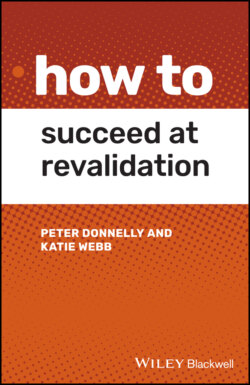Читать книгу How to Succeed at Revalidation - Peter Donnelly - Страница 14
Medicine
ОглавлениеThe history of the physician dates back as far as the history of mankind. In 3500 BCE the Egyptians were documenting the “medicine” of the time. At that time the practice of medicine was intertwined with religious and magical beliefs, customs and practice.
Around 800 BCE, Homer talked of drugs being administered along with magical spells. A range of minerals, vegetation and animal parts were used to make up the drugs. In many cultures those who dealt with diseases were priests or holy men.
One of the earliest recorded calls for regulation in the UK was in 1421. Physicians presented a petition to parliament canvassing to ensure that anyone practicing as a physician should have appropriate qualifications.
In 1511 a statute placed the regulation of physicians in the hands of the Bishops in England on the basis that the clerics were, in general, the best educated of any social group in the population. So, even in the sixteenth century, medicine and the practice of religion remained closely aligned.
Before the Medical Act of 1858 the organizational structure of medicine in the UK was close to a state of chaos. By the early 1800s there were 19 different licensing bodies in the UK with a whole range of rules governing recognition of physicians. Medical training varied from basic apprenticeship in an apothecary shop to classical university education with a degree in medicine.
There were a wide number of “quacks” and drug peddlers practicing with no legal sanction against them. On the other hand a physician based in London could be disciplined by the Royal College of Physicians (RCP) for preparing and selling a prescription.
To understand the nature and development of this near‐chaotic situation, it is important to understand the historical developments. One key issue was the separation of “medical men” into three orders: Physicians, Surgeons and Apothecaries. These orders fell under the Royal College of Physicians (RCP), the Royal College of Surgeons (RCS) and the Society of Apothecaries respectively. These three orders of medical practice very much reflected the social divisions of society at that time. Each group had their own legal rights and duties, traditional and historical privileges, exclusivity of membership and functions, and monopoly on activities.
